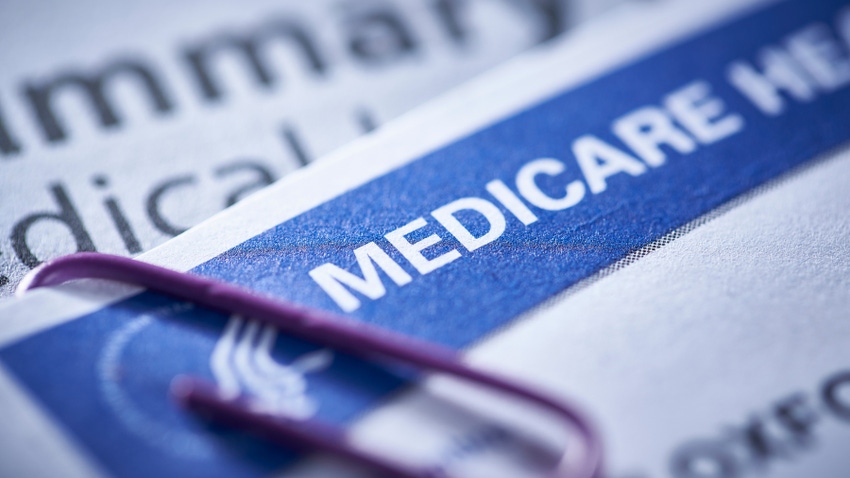
Odds are you will know when you turn 64 and six months. Almost like clockwork, most people start getting uninvited calls from companies trying to sell them a health plan to supplement Medicare coverage.
That can be the start of a confusing process. Roger Berry, a former vocational-agriculture instructor and farm management consultant, Howard County, Ind., explains that the same website that provides information about Social Security explains Medicare. Visit ssa.gov.
If you or a family member are nearing age 65, consider these basic questions and the answers provided by Berry:
When must you start taking Medicare? You are not required to take Medicare. If you don’t, then you pay all your medical bills. Most people sign up just prior to age 65, regardless of when they take Social Security, and have Medicare start when they turn 65. There is no requirement to take supplemental plans offered by private companies.
Must you take Part A when you turn 65? No. It is free if you worked and paid Medicare taxes for at least 10 years, but you do not have to take it. However, if you start Social Security benefits, you will automatically be enrolled for Medicare Part A.
What does Medicare Part A cover? This pays for stays in a hospital. It generally does not pay for doctors or prescriptions. It may also pay for care at skilled nursing facilities and hospice.
If you delay taking Medicare Part B because you have other insurance, is there a penalty? For people who have medical insurance and want to stay on past age 65, they may do so. However, there is a form to be filled out before they enroll in Medicare, usually by an employer, stating that they had full coverage up to the date when Medicare becomes effective. Those people who sign up past age 65 and did not have full-coverage insurance will pay a “penalty fee” every month on Medicare. Some health insurance companies will not cover you beyond age 65. Then you may have to sign up for Medicare if you want health coverage.
Can your Part B premium be higher due to income level? Yes. For example, farmers who have a high-income year through farming or sales of assets may incur a higher premium for Part B, and potentially Part D, which is prescription drug insurance.
The rates are based on income looking two years prior to the present year. According to ssa.gov, “You’ll pay the higher premium if your modified adjusted gross income, as reported on your IRS tax return from two years ago, was more than $97,000 in 2021, if you file an individual tax return or are married and file separately; or $194,000 in 2021, if you are married and file a joint tax return.
Social Security will tell you if you must pay a higher premium because of your income. Check the website for a table that shows how much you must pay based upon income level. If you haven’t retired and taken Medicare yet, you may want to consider pre-retirement tax planning to avoid the highest Medicare rates.
About the Author(s)
You May Also Like




